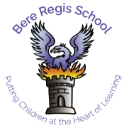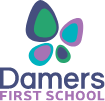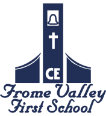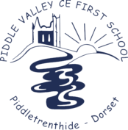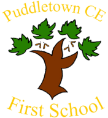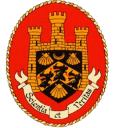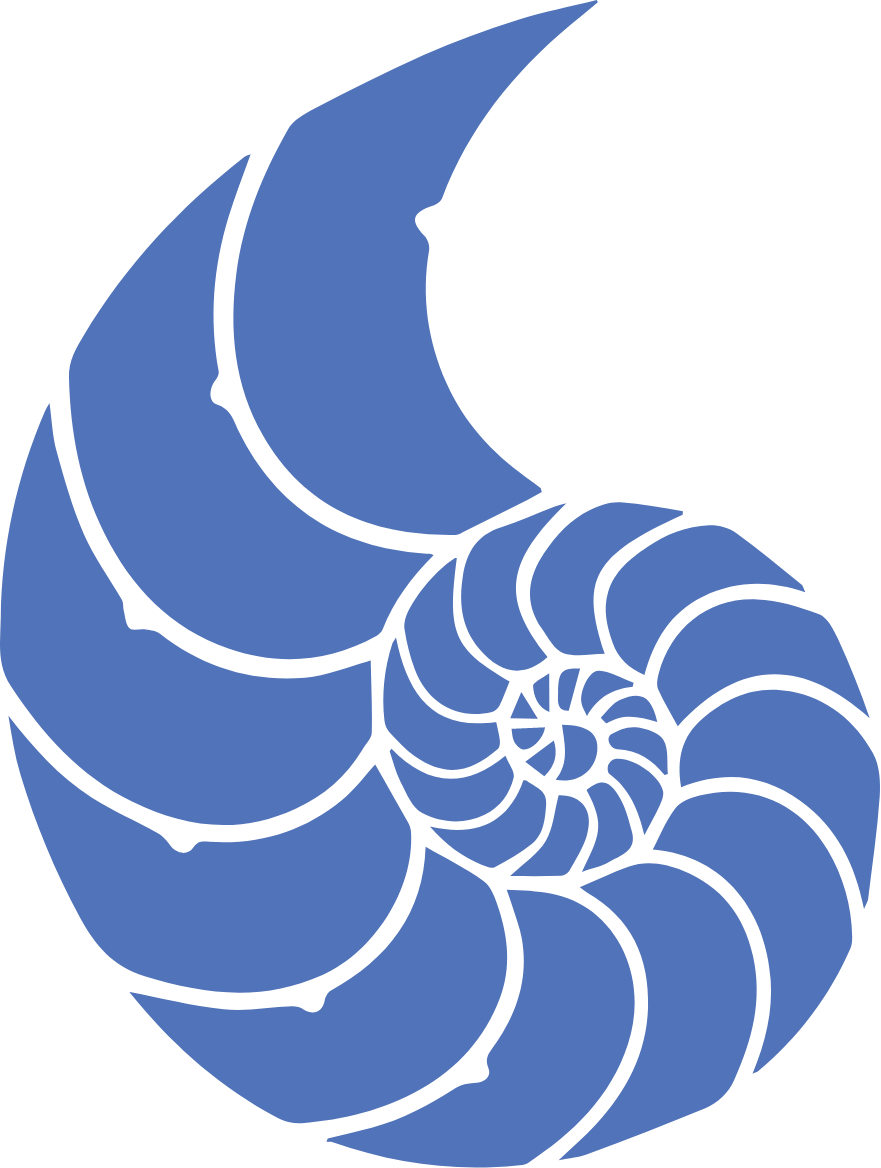
PE & Sport

At The Purbeck School, all students follow the Core Physical Education Curriculum from Year 7 to 11. Optionally they can also choose to study the subject further, and obtain Sports Studies qualifications in Key Stage 4 and 5.
Please expand the links below to read more about each area of the PE & Sports Curriculum.
Core Physical Education Curriculum
Why Study Core PE?
‘The focus of core P.E. is to provide an inclusive, fun, varied and challenging curriculum which offers a huge variety of sporting opportunities to all ages, genders and abilities. At Key Stage 3 students will cover a minimum of all sports including all guidelines set by the national curriculum as well as swimming in every year and fitness at least once a fortnight. Students will track their own progress throughout their PE lessons and their top four sports in each discipline (Invasion, Swimming, Racket & Striking and Fielding, Fitness) will carry forward to their overall grade. At Key Stage 4 students will have an element of choice, pre-selecting their activities for the year changing each half-term. Some of these sporting activities will be more diverse and will include going in the fitness gym for half a term if they wish. At this age students take responsibility for their own learning and are more guided by teachers rather than being directly taught. Overall, there is a vast array of opportunities for students as well as numerous fixtures/tournaments against other schools.’
How is P.E. taught?
KS3
- Students cover a wide range of sporting opportunities (12-15 sports covered) across all areas of the national curriculum.
- In years 7 & 8 have 4 lessons per two week cycle, three in their sporting activity and one that is fitness based.
- In year 9 students have 3 lessons per two week cycle, two in their sporting activity and one that is fitness based.
- Fitness based activities change every term. Autumn = X-Country, Sprint = Circuit Training, Summer = Athletics.
- Students are set into groups as per ability. 1 = top set boys, 2 = top set girls and 3 = mixed. The rationale is to personalise the curriculum to specific groups, in particular providing the mixed group with more fun and enjoyable (less team based) activities.
- All students follow a similar sporting based curriculum with a heavy emphasis on mass participation.
KS4
- Students in both year 10 and 11 have 3 lessons of core P.E. a week.
- Students opt for different sporting activities per half term allowing them to personalise their curriculum choices to the sporting activities that they love and enjoy. These options vary from year 10 to year 11 and these a pre=opted and planned for the whole academic year.
- Students also have the option of using the fitness gym during PE lessons and depending on the uptake is scheduled accordingly.
Key concepts:
The concepts that the Physical Education curriculum aims to support student progression in are:
- Providing a vast array of sporting opportunities for all students in a mass participation based ethos.
- Development of sporting skills, knowledge and understanding across a wide range of sporting activity.
- Self-discipline, independence and co-operative team work skills.
- Analysis of performances and self-reflection.
- Resilience, the product of hard work and focus primarily around effort more than outcome.
Useful Links:
Long Term Overview
KS4 Sport Curriculum
KS4 – OCR National Level 2 in Sport Studies
At KS4, the Purbeck School offers students OCR Nationals Level 2 in Sport Studies which is a highly populated option subject taught in three classes across each year group. Last year’s value added saw students make 2 grades more progress than their expectation (SPI = 1.96). Students have a mixture of practical assessments, external exam and written coursework which amalgamate to their final grade. The course is split into 4 sections, two completed in year 10 and two in year 11
How is OCR National Level 2 Sport Studies taught?
Year 10
Students have 5 lessons per fortnight cycle, 3 of which are allocated as practical/coursework lessons and two of which are classroom based with the focus solely on the external exam. In year 10 the coursework focus is on the ‘Practical Sport Unit’ whilst preparing fully for the ‘External Exam Unit’ that students all sit in the May of Year 10.
Year 11
Students have 5 lessons per fortnight and complete the ‘Sports Leadership Unit’ by December and the ‘Media in Sport Unit’ by Easter. Depending on what task students are on, is how practical each is.
https://www.ocr.org.uk/Images/82412-specification.pdf
Key concepts:
External Exam
The exam is a paper containing 60 marks worth of questions. The first 10 questions are multiple choice, followed by loads of short answer questions and an 8 mark essay style question at the back of the paper. Students practise frequent questions throughout the course for each topic and are provided with exam packs to assist them with this. The key concepts in this unit are:
- Target groups, barriers and solutions.
- Popularity of sport
- Current trends and emerging sports
- Sporting values
- Olympic games, movement and values
- Sporting etiquette, sportsmanship, gamesmanship, drugs in sport
- Sporting events, benefits and drawbacks.
- National governing bodies.
Practical Sport (coursework)
This coursework is 75% practical, 25% written. It is split up into four tasks, 15 marks each, 60 marks in total.
TASK 1 – Individual Sport Assessment – written witness statement supported by video evidence.
TASK 2 – Team Sport Assessment – written witness statement supported by video evidence.
TASK 3 – Written Analysis of Performance highlighting strengths and weaknesses. Three action plans for improvement including:
- Recording measurements to analyse.
- Evaluating results and feedback.
TASK 4 – Officiating – officiate a sport of the students’ choice being assessed on the following criteria:
- Knowledge and understanding
- Positioning
- Decision making and interpretation of the rules
- Communication and movement
- Use of whistling & signalling.
Sports Leadership (coursework)
This coursework is 65% written, 35% practical. It is split up into four tasks all with different marking weightings.
TASK 1 – What makes a good leader? Presentation (9 marks)
- Leadership Styles – autocratic, democratic, laissez-faire.
- Roles and responsibilities of leaders – health and safety, first aid, enthusiasm, knowledge and child protection.
- Personal qualities – punctuality, reliability, confidence, communication, creativity.
TASK 2 – Session Plan – design a session plan using the pro forma (10 marks). Follow this up with an in depth Risk Assessment on the facility, equipment and participants taking part (8 marks).
TASK 3 – Implementation of Session – students will then deliver their session to their class in an hour’s slot. The teacher will write a witness statement grading the student out of 18 marks along with photographic evidence.
TASK 4 – Evaluation – students will evaluate their session in the form of a table (15 marks), specifically highlighting the below categories: planning & organisation, safe practise, communication, subject knowledge and adaptability.
Media in Sport (coursework)
This coursework is 100% written and is split up into four tasks all with different marking weightings.
TASK 1 – Media Posters (6 marks) – Produce a poster for each type of media including: television, written press, radio and the internet.
TASK 2 – Positives & Negatives of the media – students design a PowerPoint explaining and giving examples of the positives and negatives of the media on sport (24 marks).
- Positives: Increased exposure of minority sports, increased promotional opportunities, education, increased income which benefits sport, inspiring people to participate, competitions between sports and clubs
- Negatives: Decline in live spectatorship, loss of traditional sporting values, media coverage of inappropriate behaviour of athletes, increased pressure on officials, newspapers are dominated by a few sports, saturation.
TASK 3 – The relationship between sport and the media essay – students write an essay on the following topic areas for 15 marks: How media uses sport to promote itself? How sport uses the media to promote itself? Sport as a commodity. Sponsorship and advertising. Adoption and rejection of sporting heroes by the media. How scrutiny/criticism through the media has increased. The impact of pay-per-view.
TASK 4 – Evaluating media coverage – students will pick one controversial topic which has been reported by the media in two different ways. They will then compare and contrast these two ways of reporting as a written report for 15 marks. The topical articles are as follows:
- Saracens being docked points and relegated.
- Caster Semenya banned from athletics.
- Russia being banned from all ‘major competitions’
Long Term Overview

KS5 – OCR Technical Level 3 in Sport
KS5 – OCR Technical Level 3 in Sport
The Purbeck School now offers the single, double and triple award for students to study in sixth form, which equates to 1, 2 or 3 A-Levels. For the last 6 years Sport results and progress of students has been an ALPS 1, putting us in the top 1% of the country. It is a hugely popular course where students can just study sport, mix with other vocational qualifications, or intermix with other A-Levels on the curriculum. A full outline of each course, its full name and link are below:
Single Sport = Extended Certificate (equivalent to 1 A-Level)
Double Sport = Diploma (equivalent to 2 A-Levels)
Triple Sport = Extended Diploma (equivalent to 3 A-Levels)
How is OCR Technicals Level 3 Sport Studies taught?
Different teachers deliver different units on the course and these are split into year 12 and year 13 units. Depending on whether you are taking the single, double or triple units, depends on how many exams a student will sit over the 2 years. The diagram below helps explain which units are taught when and by which member of the PE staff. A single award student will only study the single award units. A double award student will study both the single and double award units, and a triple award student studies them all. ORANGE = EXTERNAL EXAM, YELLOW = COURSEWORK




